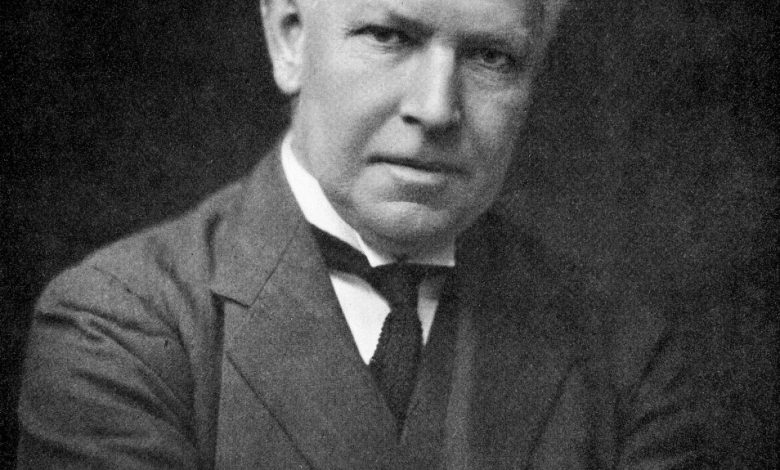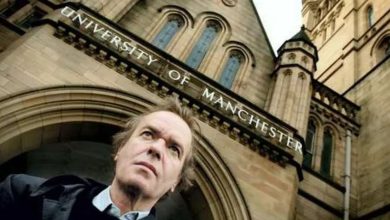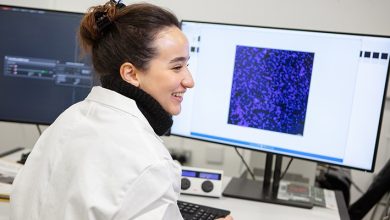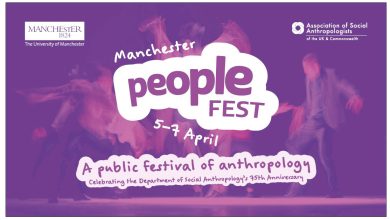Fortuitous discovery accomplishes century-old quest to grant ancient Nubians a platform

A distinguished anatomist from Manchester has been able to fulfill the mission of his predecessor from over a century ago. By chance, a biomedical Egyptologist stumbled upon a unique anatomical record that provides insight into the lives and deaths of ancient Nubians in Southern Egypt. Dr Jenny Metcalfe from the University of Manchester’s KNH Centre for Biomedical Egyptology discovered the long-lost recording cards from one of the earliest excavations in Lower Nubia, which had been stored away in a University of Cambridge archive and believed to have been lost during World War Two. After ten years of meticulous research, Dr Metcalfe published her book titled “The Archaeological Survey of Nubia Season 2 (1908-9) Report on the Human Remains,” shedding light on the 5,000-year-old community. The excavation was spearheaded by Grafton Elliot Smith, a renowned anatomist at the Victoria University Manchester, who later became knighted for his contributions. Smith, who served as a Professor of Anatomy from 1909 to 1919, is best known for his studies on ancient Egyptian mummification. However, during the excavation seasons between 1907 and 1911, Smith and his colleague Dr Douglas Derry meticulously studied the ancient Nubian cemeteries that were at risk of being flooded by the Aswan Low Dam. They uncovered a remarkable 20,000 graves and 7,500 bodies, providing an unparalleled record of the ancient communities that inhabited the Nile region. Dr Metcalfe acknowledges that the excavation work conducted at the time was influenced by racial stereotypes, but modern Egyptologists have since abandoned such approaches. While the recording cards from seasons 3 and 4 remain lost, Dr Metcalfe’s discovery has allowed for the recreation of the report that Elliot Smith and Derry had always intended to write. This finding is a significant contribution to the study of anthropology, shedding light on disease, trauma, and anatomical variations prevalent in these ancient communities. Dr Metcalfe hopes to uncover more records or identify additional individuals in the future, as it is crucial to give a voice to the people who lived in these ancient Nile communities.




